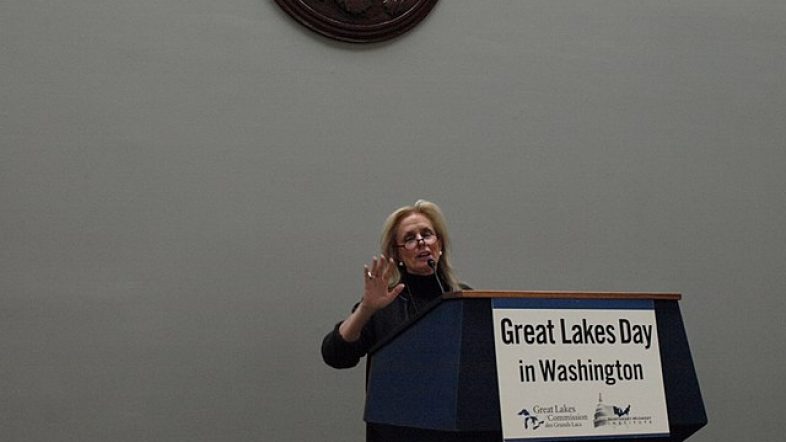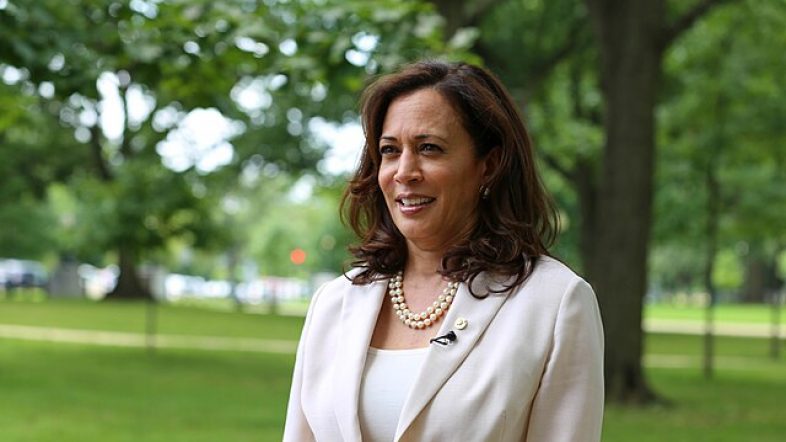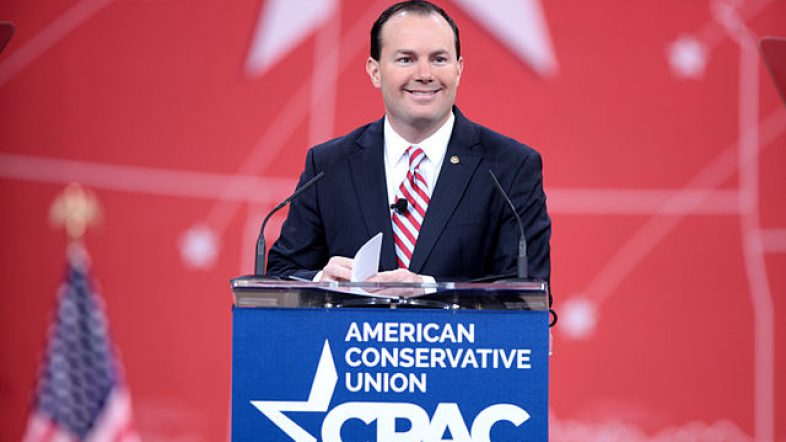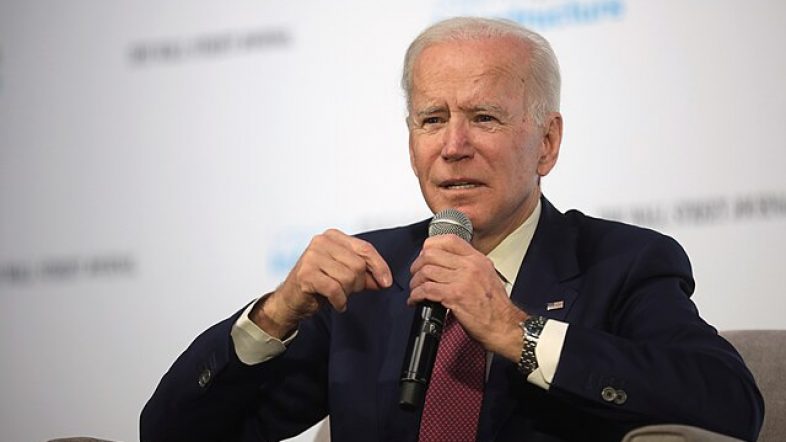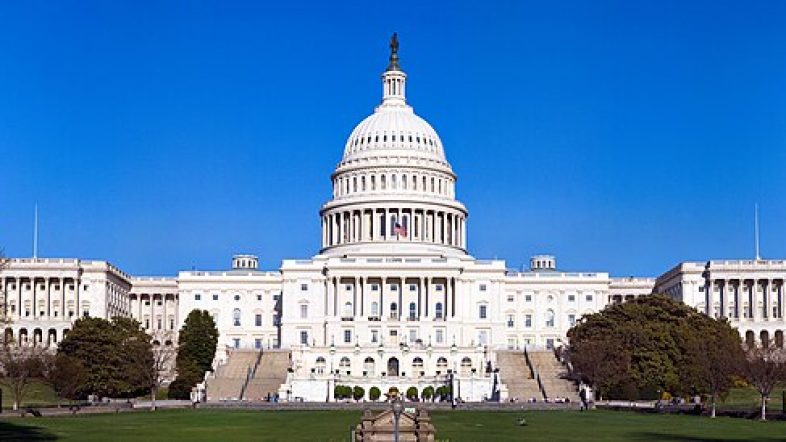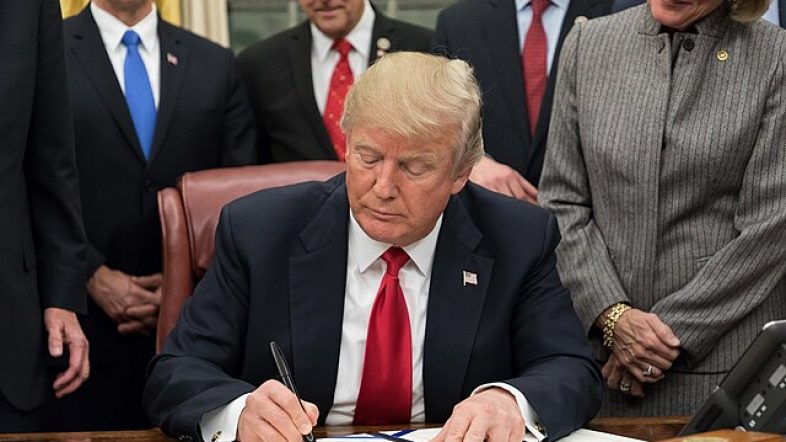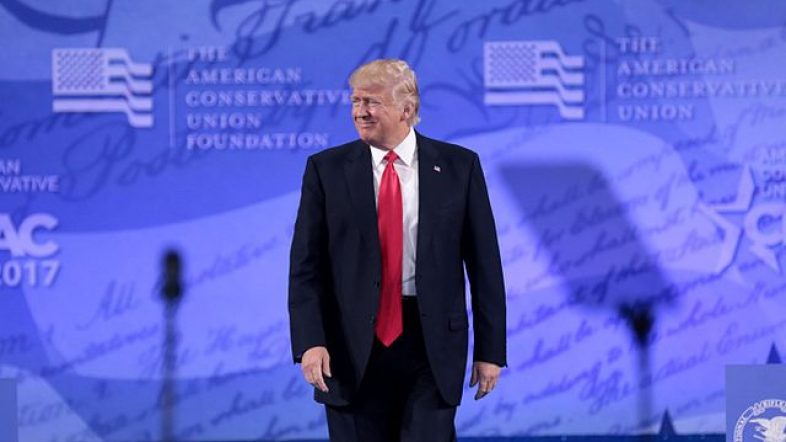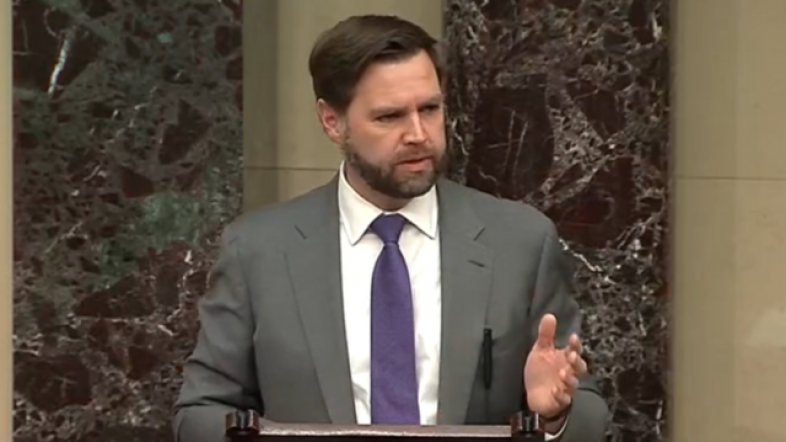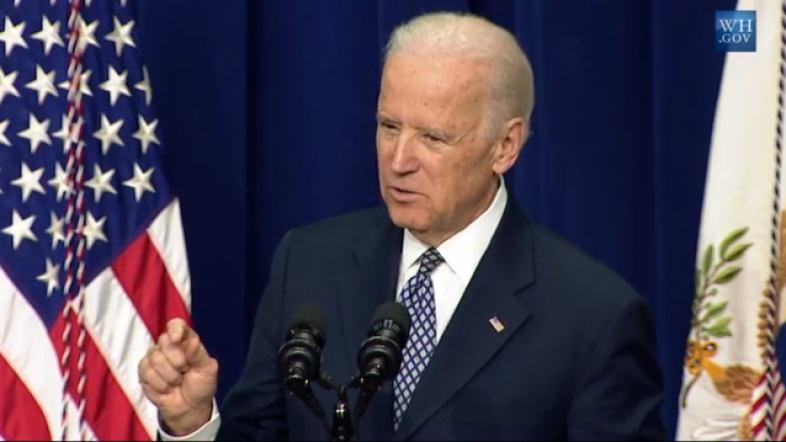Wisconsin enacted new maps for their state legislature that strike an even partisan balance between Democrats and Republicans.
Democratic Gov. Tony Evers of Wisconsin signed into law Senate Bill 488 on Monday, which realigns the constituency boundaries for the Wisconsin State Assembly. The boundary maps, which were originally proposed by Evers to the state’s Supreme Court and legislature, will be effective for this year’s general election in November and are expected to make the state more politically competitive for both parties, according to the New York Times.
“Last month, Republicans took up another set of gerrymandered maps to protect Republican-gerrymandered incumbents, passed them, and sent them to my desk. I kept my promise and vetoed them like I said I would,” Evers said at a signing ceremony. “Then, last week, Republicans passed the maps I submitted to the Wisconsin Supreme Court, and those are the exact maps before me today —they’re my maps, nothing more, nothing less.”
First, these maps are fair. We’re aiming to make sure each party has a fair shake at winning the Legislature. Under these maps, it’s more likely that each party will win a majority of legislative seats when they earn a majority of your votes. That’s common sense.
— Governor Tony Evers (@GovEvers) February 19, 2024
The maps are expected to yield 45 Democratic-leaning seats and 46 Republican-leaning seats, with eight seats being a tossup, the Times reported. Several incumbent assembly members will have their districts overlap under the change, which may require them to run against each other.
“This is a shift in the plate tectonics of Wisconsin politics, and that’s going to have national implications because Wisconsin is the tipping-point state for the country,” Ben Wikler, chairman of the Wisconsin Democratic Party, told the Times.
Republicans currently have large majorities in both houses of the state legislature.
The Wisconsin Supreme Court had previously overturned the maps enacted by the Republican-controlled legislature in a narrow decision, with four out of seven justices joining the majority opinion in the case. Among them was Justice Janet Protasiewicz, who was elected to office in April 2023, and is generally believed to have left-leaning views.
“This legislation brings to end this sham of a litigation designed to deliver judicially gerrymandered Democrat maps to the liberal special interest groups funding said litigation,” Wisconsin State Assembly Speaker Robin Vos, a Republican, said according to the Times, “[W]e can win on any maps because we have the better policy ideas.”
Wisconsin’s Supreme Court is the final authority on the state’s legislative delimitation in respect of partisan gerrymandering. The U.S. Supreme Court has ruled that federal courts have no role in preventing partisan gerrymandering by state authorities, with political affiliation not being a protected class under federal voting rights law.
Wisconsin will hold primary elections for the state legislature on Aug. 13 and a general election on Nov. 5.
Arjun Singh on February 19, 2024









